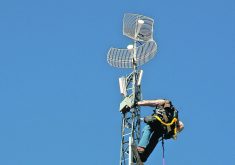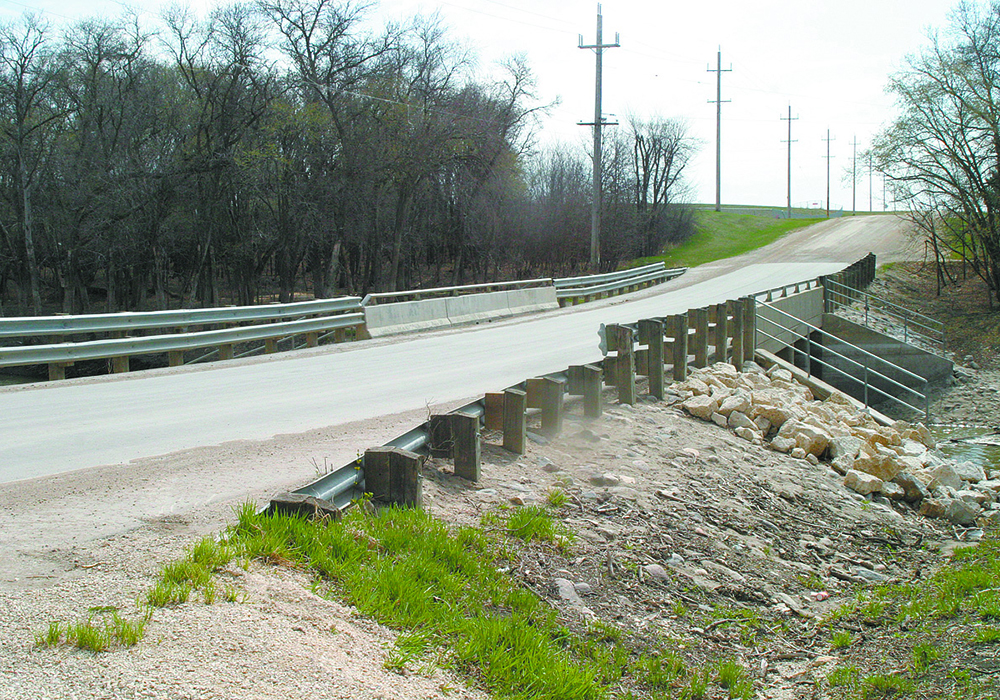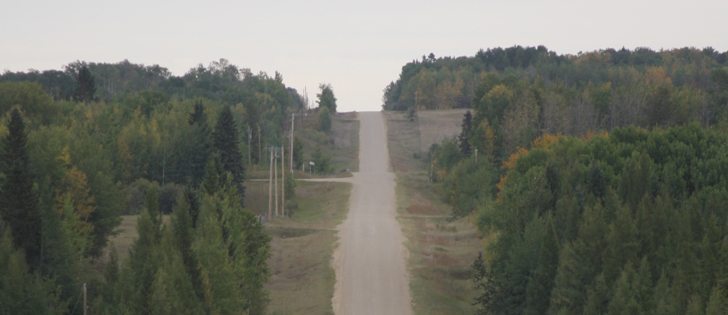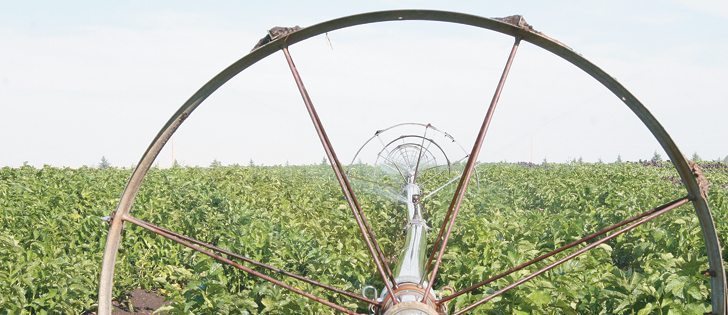Saskatchewan’s proposed irrigation plan will benefit from a $10 billion Canada Infrastructure Bank program announced Oct. 1.
The CIB intends to spend $1.5 billion for agriculture infrastructure. According to a backgrounder issued with the federal government’s news release, that includes “transformative irrigation infrastructure” in Western Canada.
“The benefits of this new initiative include the addition of an estimated 700,000 acres of newly irrigated land, increased food output, improved water resource management, more secure domestic food supply and export opportunities,” the document said.
Saskatchewan has proposed a 500,000-acre project to expand its irrigable acres.
Read Also

Feds propose overhaul of chronic wasting disease control program
Chronic Wasting disease control program getting updated by Canadian Food Inspection Agency with feedback encouraged from producers.
The government said the investment will help mitigate any private lender concerns about the risks associated with large projects that rely on commodity prices.
It also suggests that irrigation projects could stimulate an additional $1.5 billion in on-farm investment by users.
The Canadian Federation of Agriculture said the announcement would benefit farmers and the environment.
President Mary Robinson noted that farmers can grow higher value crops and more crops per acre, use water more efficiently and protect their crops from drought.
“The CFA encourages government to undertake these projects swiftly to further unleash Canadian agriculture’s potential, positioning it to drive Canada’s economic post-COVID recovery,” she said.
The CIB will also invest $2 billion for broadband to improve connectivity, particularly in underserved communities. It said that there are high capital costs to develop broadband in these areas, and the CIB will bridge the gap with low-cost financing.
Farmers, you play a 🔑role in the growth of our economies & in feeding our families. @JustinTrudeau & @cathmckenna just announced $1.5B in transformative irrigation infrastructure in the Prairies to create thousands of jobs & help build a strong & sustainable #CdnAg.🍁#WestCdnAg pic.twitter.com/Obei4WAuIf
— Marie-Claude Bibeau (@mclaudebibeau) October 1, 2020
Robinson said rural broadband is a long-standing issue, and the COVID-19 pandemic has underscored how farmers are put at competitive disadvantage without high-speed access.
The other spending includes $2.5 billion for clean power, $2 billion for energy efficient building retrofits, $1.5 billion for zero-emission buses and $500 million to accelerate projects.
Contact karen.briere@producer.com
















